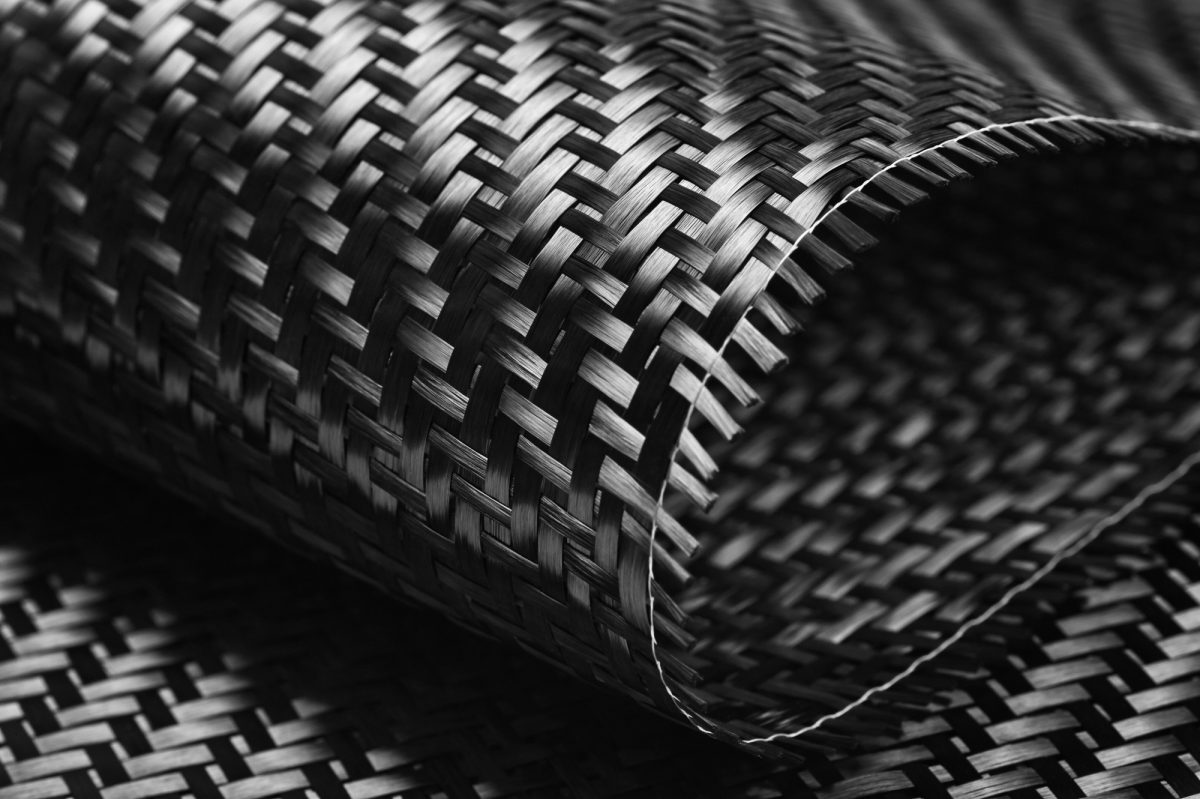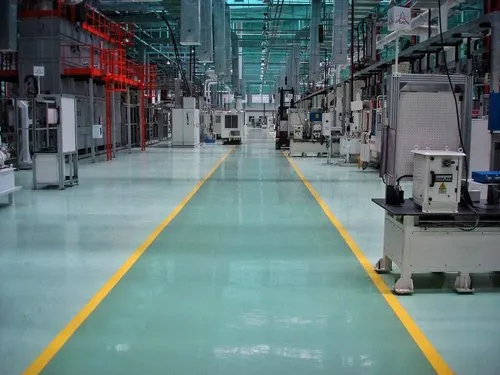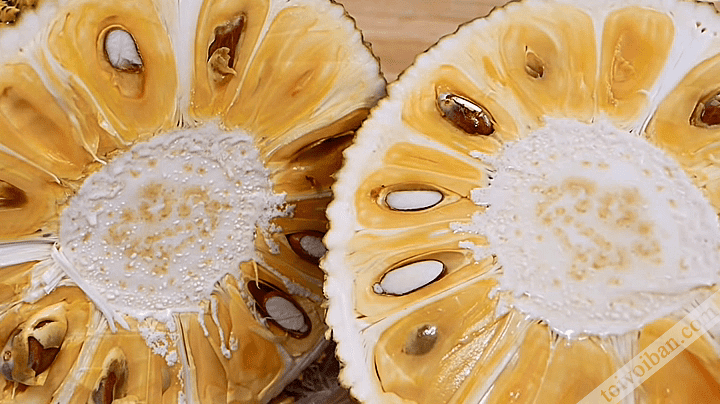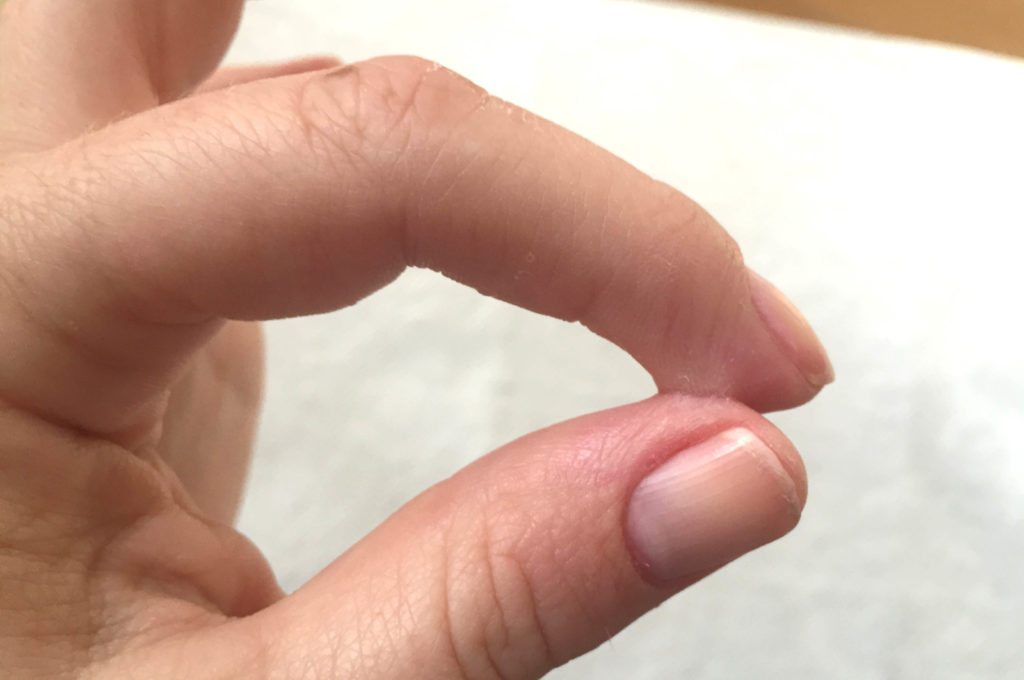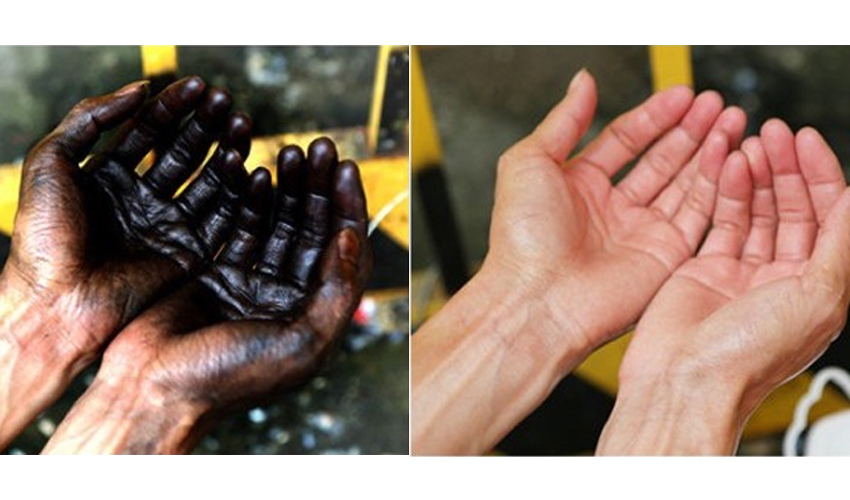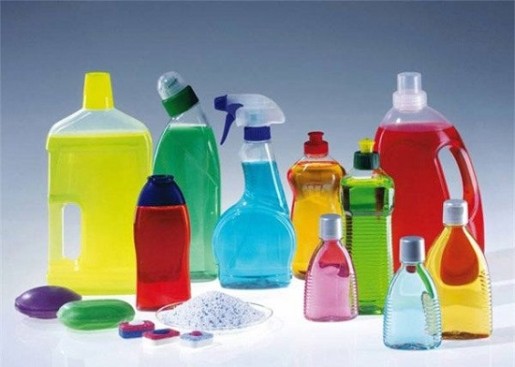You’ve probably heard this phrase somewhere before. Carbon fiber is said to be a premium material used for many different purposes in many fields. So what is carbon fiber? What are the salient features of carbon fiber? Let’s find out with Qualitas DC in the article below
What is carbon fiber?
Carbon fiber (also known as carbon fiber) is a material consisting of thin strands of carbon atoms bonded together in a certain fashion. Carbon fiber is 5 to 10 micrometers in diameter, also known for its high strength-to-weight ratio, which means it’s extremely strong yet very light.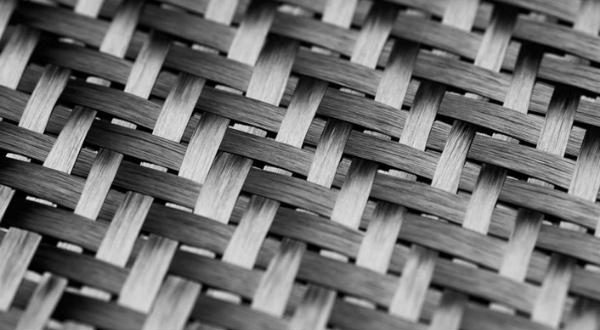
Carbon fiber is made up of many long molecular chains linked by carbon atoms (90% carbon atoms (C) and 10% other materials).
The raw materials used to make carbon fiber are called precursors. The most commonly used precursors are Polyacrylonitrile (or PAN), Rayon synthetic fabric and Pitch (petroleum, coal). There are also other fibers such as cellulose fiber, graphite fiber (99% carbon).
Carbon fibers are rolled together to be woven into fabric or molded into specific shapes. Carbon fiber can replace steel and is widely used in specialized, high-performance products such as aircraft, automobiles, sports equipment, for bicycle frames, fishing rods, aircraft wings to racing car bodies, golf clubs or sailboats …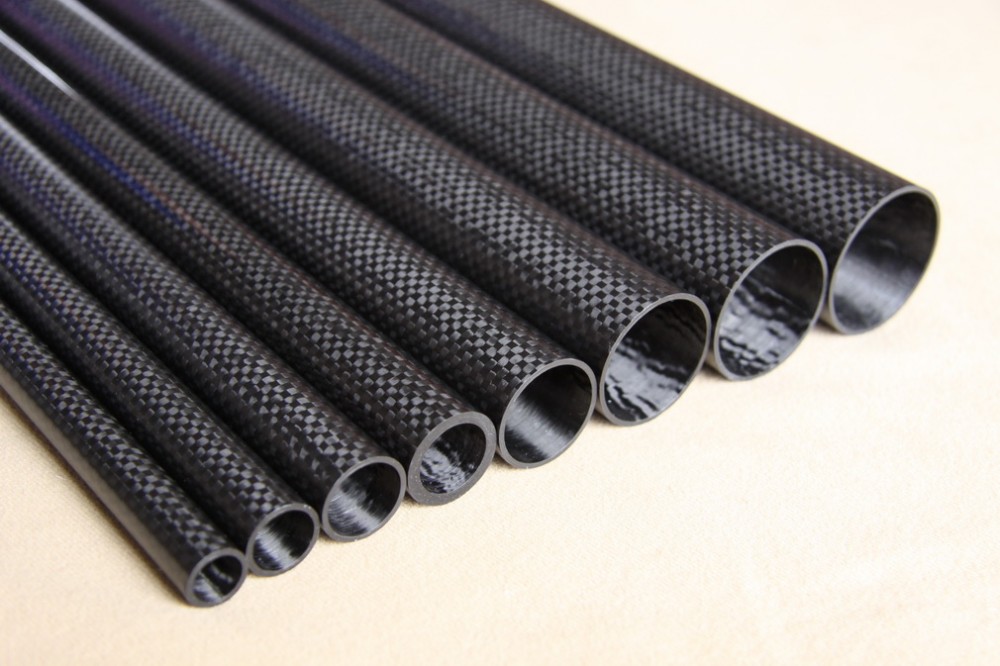
According to Wikipedia: “In 1860, Joseph Swan first produced carbon fiber, for use in light bulbs. In 1879, Thomas Edison baked cotton filaments or bamboo sticks at high temperatures to carbonize them into an all-carbon fiber used in one of the first incandescent light bulbs to be heated by electricity. In 1880, Lewis Latimer developed a reliable carbon filament for incandescent light bulbs, which are heated by electricity.
Outstanding features of carbon fiber
Very light weight
90% of carbon fiber is composed of element C (carbon). Element C is also lighter than other metallic elements. Remember that diamond – one of the hardest natural substances – is also made up of Carbon atoms, arranged in a specific crystal lattice. So it’s no surprise that carbon fiber is stiff, strong and light.
Durable
Carbon fiber is one of those fibers that is very difficult to stretch or bend. Carbon fiber is 5 times stronger and 2 times stronger than steel.
Low thermal expansion
Carbon fiber has a low coefficient of thermal expansion and will expand or contract less under hot or cold conditions than other metallic materials. This is an important property for parts that need high durability in special environments such as spacecraft, car parts, military equipment.
Outstanding durability
Carbon fiber has superior anti-corrosion properties to metal, which means carbon fiber components won’t wear out quickly under the stress of constant use. When made with the right resins, carbon fiber is one of the best corrosion resistant materials available.
Radioactivity
Carbon fiber has the ability to absorb X-rays, is transparent to radiation, so it is widely used in medical instruments and products, contributing to clear and sharp images and observations.
In addition, Carbon Fiber has other properties such as electrical conductivity and UV resistance when appropriate resins are used.
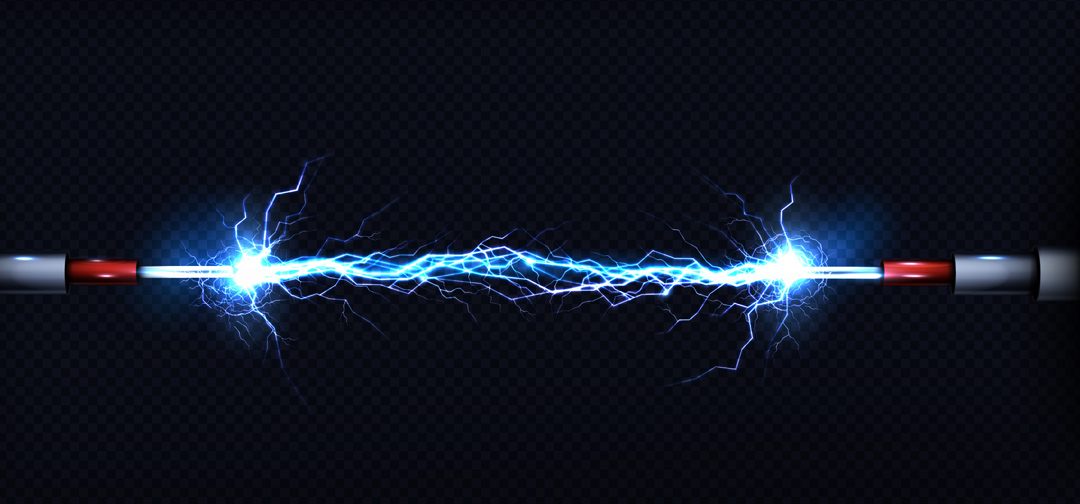
Above is the concept of carbon fiber and their characteristics. Coupled with these superior characteristics compared to other metals, carbon fiber will have a higher cost than conventional materials. Hopefully through this article, you can use them effectively and appropriately.

